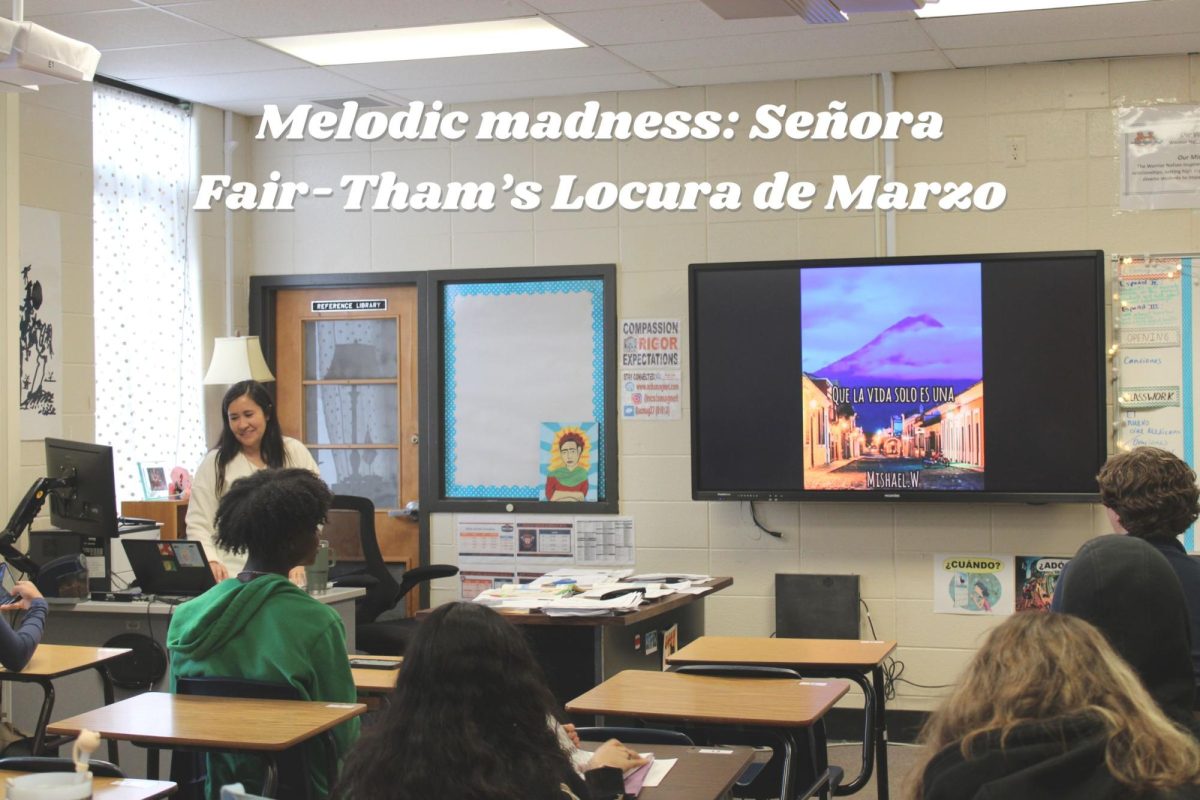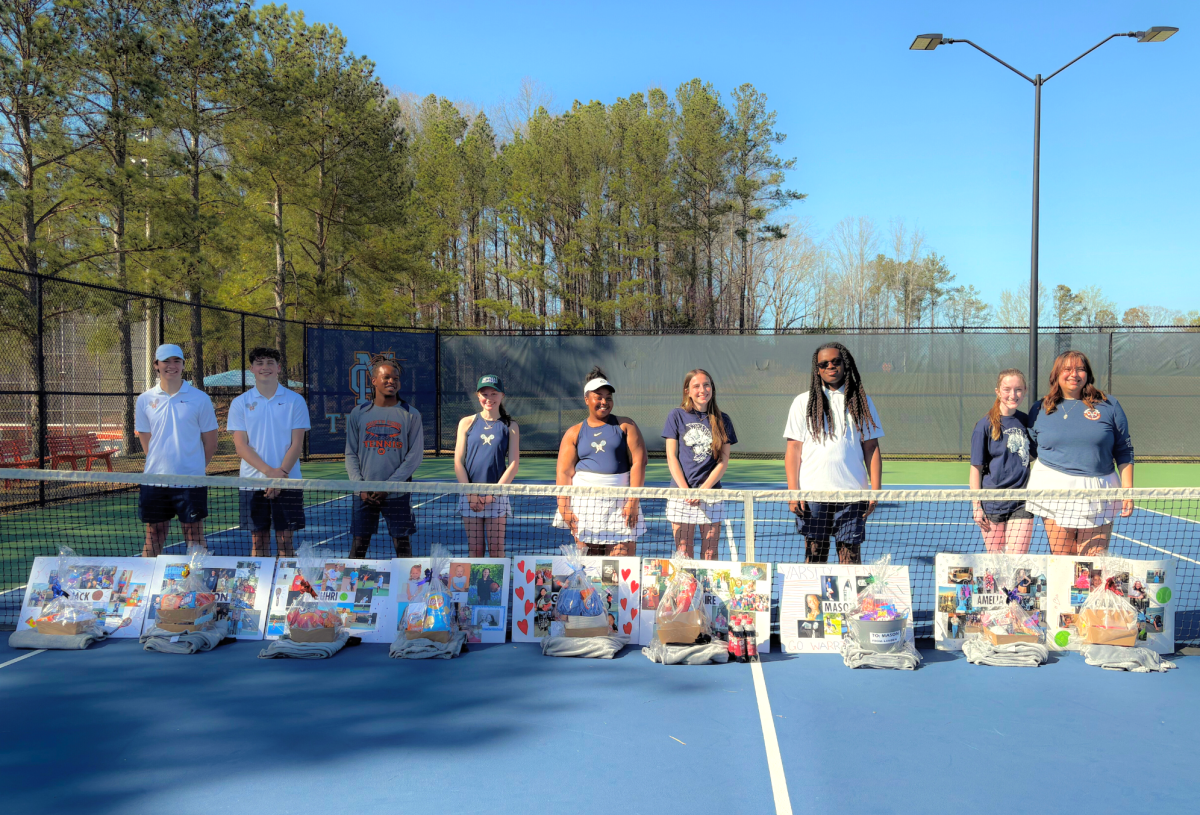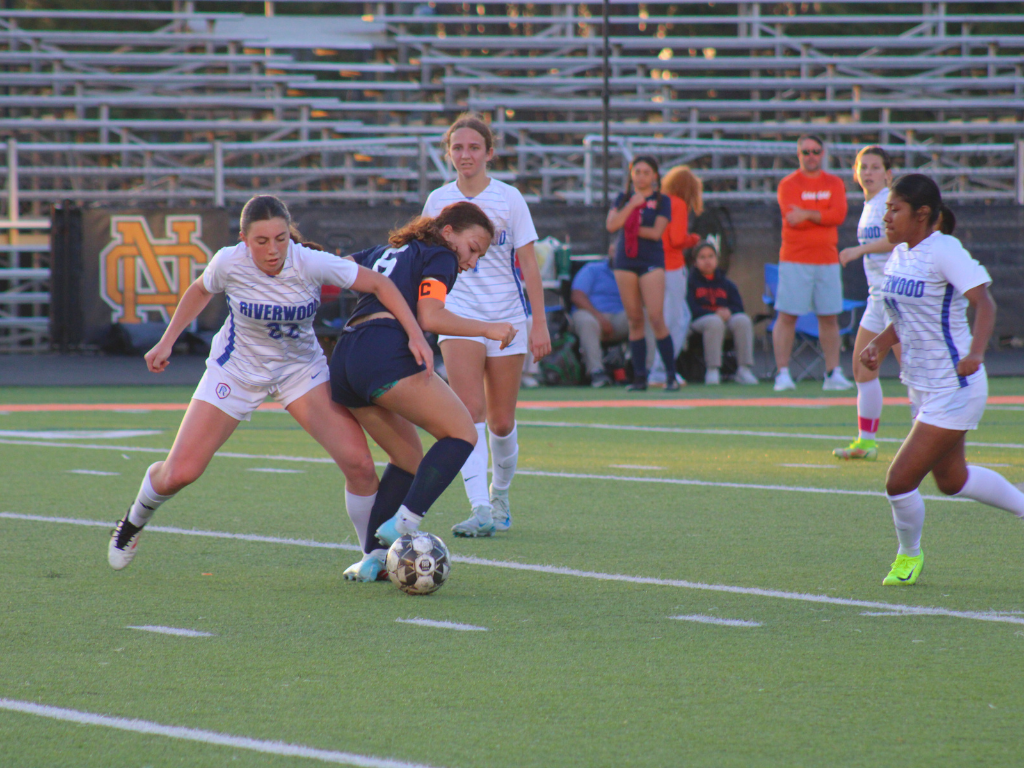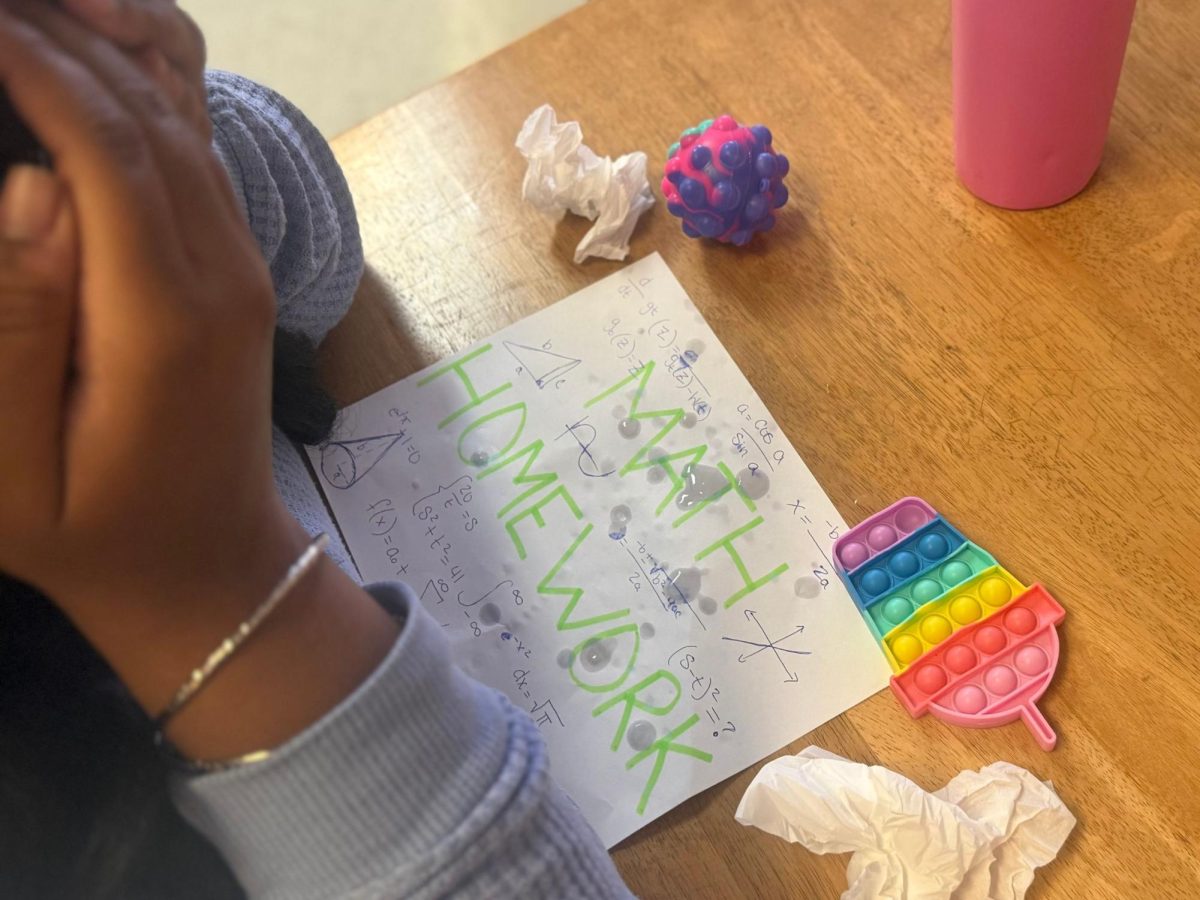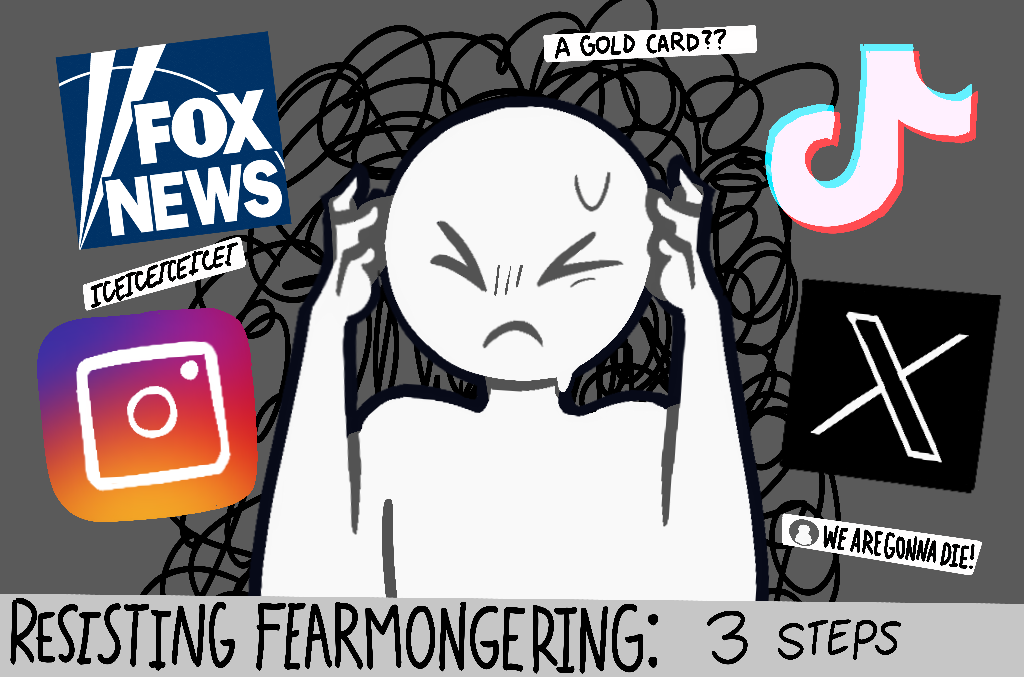March Madness: the annual basketball tournament that buckets of National Collegiate Athletic Association (NCAA) fans anticipate. Dating back to 1939, the event has expanded into various branches of entertainment. Teachers around the world correlate the sporting program with activities for their classrooms. For example, English educators formulate their brackets for classic novels or poems and elementary teachers incorporate exciting games to review math or science. Even NC Spanish teacher Señora Lorna Fair-Tham participates in a cultural March Madness with her students.
Locura de Marzo, an event taking place in classrooms internationally, allows teachers to coordinate 16 Spanish songs into a bracket. Promoted by online high school Spanish teacher Señor Ashby, the musical tournament allows Spanish teachers to expose their students to the cultural significance of certain songs or artists.
Last year’s Locura de Marzo featured artists such as Shakira, Morat y Juanes, Ángela Aguilar and others, eventually ending with Paulo Londra securing the win in the bracket with his song “No Puedo.” Overall, the event promotes upcoming artists and introduces Hispanic and Latino artists to classrooms around the world.
“Locura de Marzo is a music competition in which students from schools all over the world vote for their favorite songs. The competition consists of 16 songs nominated by teachers… It helps artists who might not be very famous get exposure on social media. I’ve heard of students posting about these artists and sometimes artists have actually replied to the students thanking them for sharing their music with others,” Fair-Tham said.
Fair-Tham presents the event as an activity for her Spanish classes every semester due to its informative cultural significance. Beginning with a PowerPoint to explain the context behind each song and artist of the round, the class gains exposure to important ethnic ties. Afterward, the class will listen to each song and vote on their favorite from the two, entering their answer into an online form.
Typically, Fair-Tham follows the voting with activities such as crossword puzzles and word searches to practice any new vocabulary. As a class, the students will discuss the meanings or connotations of words they may not have known before, expanding their vocabulary knowledge.
Overall, Locura de Marzo provides numerous benefits to the Spanish class students at NC and worldwide. By Fair-Tham exposing her students to new cultures, practicing vocabulary and explaining contexts of songs and artists, her classroom remains a haven for foreign knowledge. As the arduous month of March comes to an end, Fair-Tham’s classes learned of various cultures and maddening music to liven up the rest of their semester.
Señor Ashby’s intellectual impact on Spanish classrooms remains a reputable feat. The students who experience the Locura de Marzo bracket will benefit considerably from the exposure to Hispanic and Latino cultures and music.
“I believe that music is a great way to learn about the culture of other countries’ [belief systems and values]. Also, students are exposed to new vocabulary, regional variations of the language, and advanced grammar structures, all in a fun and engaging way,” Fair-Tham said.




